By Police General Commissioner Makhruzi Rahman *)
Toddlers and young children are raised by their mothers and fathers. The mother and father live in a settlement or village. A village is part of a country. The child, father, and mother are citizens. A country is a home for all of us.
Dozens of communities along the border between Sarawak, Malaysia, and West Kalimantan, Indonesia, bear quiet witnesses to the struggle between national and local relations. In addition to being locations on a map, villages like Entikong, Nekan, Badau, Sanatab, and even Jasa and Sungai Kelik are important for comprehending how the state is present—or not—in the most remote areas of this country.
There’s More to Borders Than Just Lines
Districts like Sanggau, Bengkayang, Kapuas Hulu, Sambas, and Sintang are where these villages are administratively situated. However, they have strong social and economic ties to the Malaysian region on the other side of the border. Compared to the district’s capital, Sarawak has easier access to markets, medical facilities, and quality education.
Disparities in infrastructure make it more expensive for village businesses to sell necessities that are sourced domestically, while Malaysian goods can enter more quickly and more cheaply, albeit occasionally illegally. Because of this reliance, the ringgit exchange rate is frequently used as a benchmark, and local booths sell Malaysian currency.
This is a geographical and economic fact, on the one hand. However, it also represents a significant threat to national economic sovereignty.
Indistinct Social Mobility
Social interaction between the Dayak and Malay people on both sides of the border is highly fluid due to their cultural proximity. It is not unusual for people to marry across borders, have seasonal jobs in Malaysia, or even send their kids to school in Sarawak.
But frequently, this mobility takes place outside of the official state structure. Due to overlapping citizenship or administrative statuses, citizens struggle to get basic rights from the state, many workers lack legal registration, and children are stateless.
When it comes to registering, safeguarding, and assisting its own citizens in these areas, the state frequently falls behind.
True, but Nationalism Was Tested
The nationalism of border dwellers is still strong even though the country’s infrastructure is progressively reaching them. Even though it takes place on a field with wild grass, the flag ceremony on August 17th is still held in Entikong or Ketungau. Even if the flagpole was occasionally simply a makeshift bamboo pole, the Red and White flag was flown with pride as the national song was sung.
But don’t be misled; nationalism isn’t something that develops on its own, particularly if they live with a neighboring country every day. Their nationalism is a kind of allegiance that is continually put to the test by constraints and a feeling of being ignored.
Attempts and Aspirations
The government is starting to demonstrate its commitment to projecting an official image at the border with the establishment of Integrated State Border Crossing Posts (PLBN), such as those at Entikong, Badau, and Aruk. Markets, municipal services, and even cultural venues are included, in addition to immigration and customs facilities. This is a positive move, but it needs to be coupled with more extensive development in the nearby villages.
Remote settlements must have fast access to road infrastructure, lower logistics costs, and closer access to healthcare and education. In order to prevent young people on the border from feeling like “outsiders,” but rather as essential contributors to the future of the country, affirmative action laws are more crucial than ever.
In conclusion
Geographical boundaries are only one aspect of borders. They reflect the self-definition of a nation. Our nation’s integrity is being subtly eroded if the villages in West Kalimantan that directly border Malaysia continue to feel closer to their neighbor.
The presence of Indonesia cannot be restricted to boundary markers and guard posts. It must be seen in public services, schools, the cost of needs, roads, and a sense of pride that develops over time.
Instead of being the remnants of the periphery, border dwellers are the republic’s leaders. They should also teach us that nationalism is loyalty within bounds rather than a catchphrase.
August 7, 2025
*) Secretary of the Republic of Indonesia’s National Border Management Agency (BNPP RI)


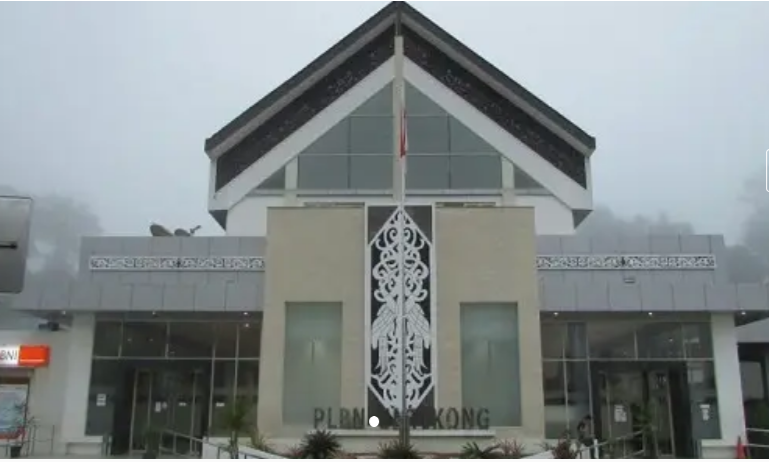
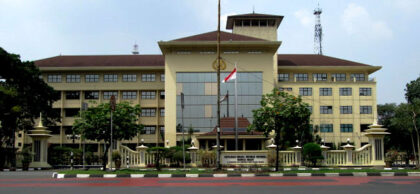
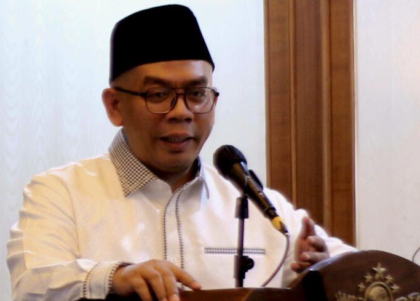


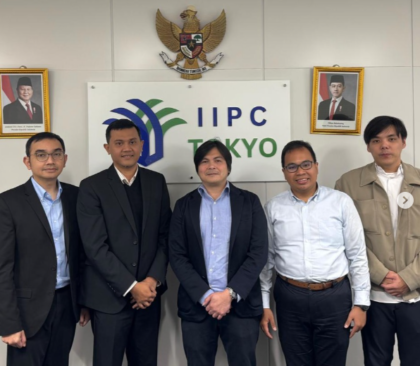
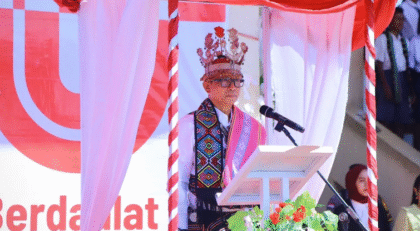
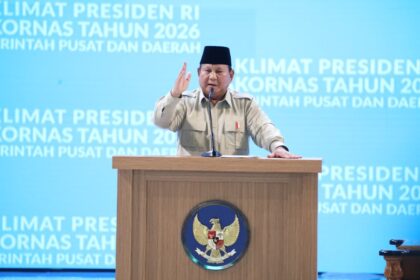
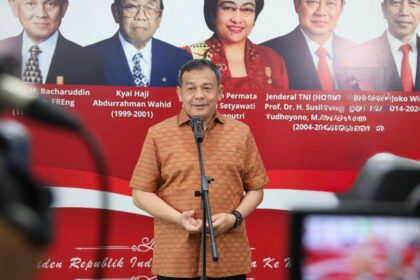
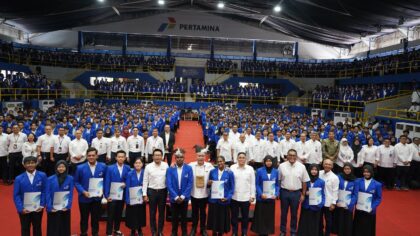
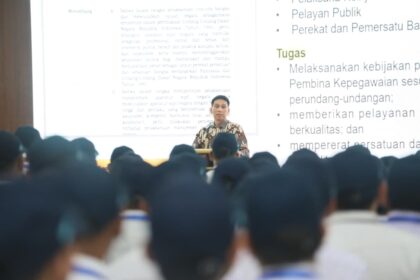


Komentar